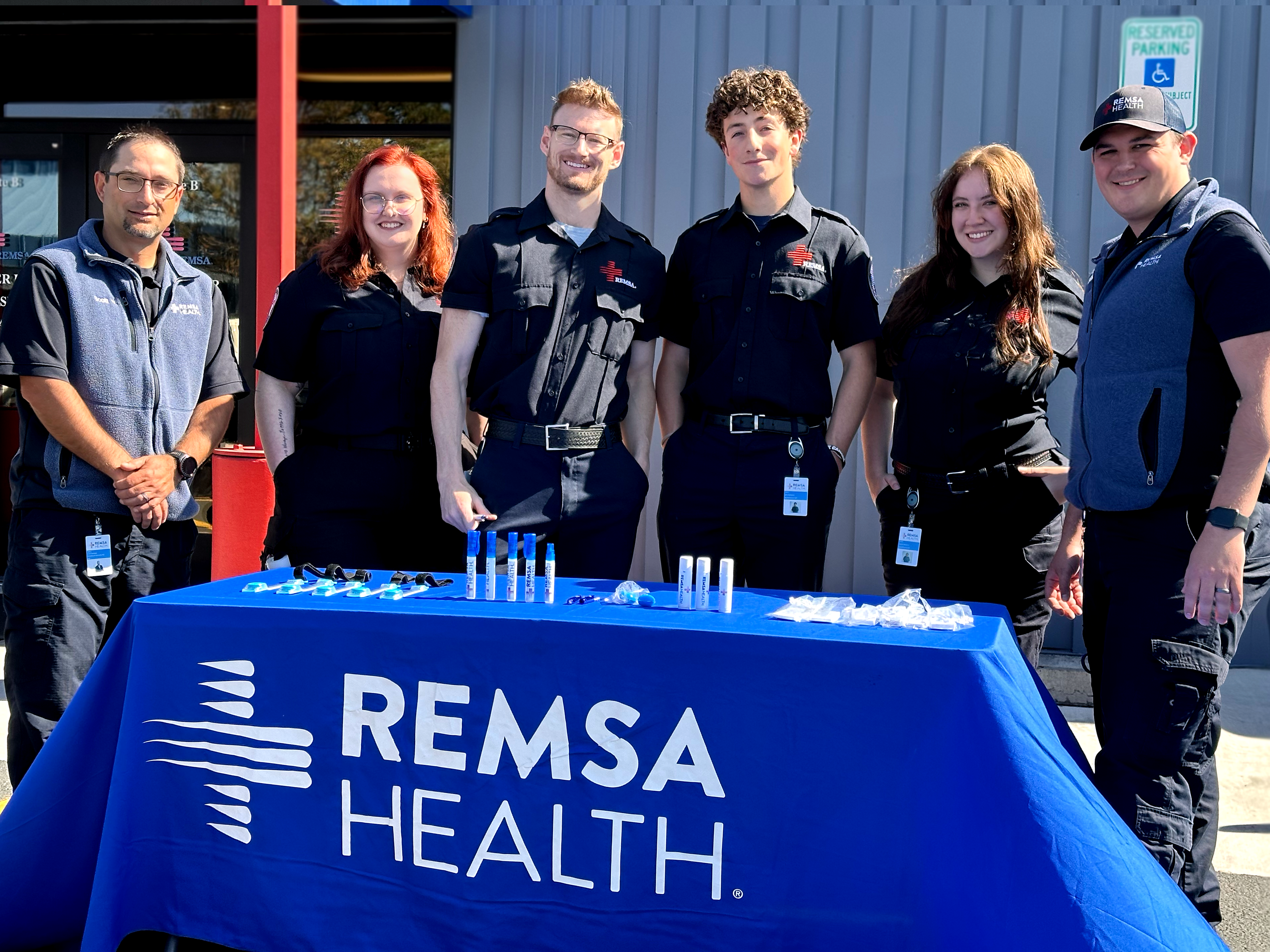Heat-Related Illnesses, Heat-Related Emergencies, and Drowning

During the high temperatures of the summer of 2023, national statistics revealed that there were a total of 29 child hot car deaths across the country. In 2024 so far, there have been two deaths reported. With summer arriving, it’s crucial for our community to be aware of simple preventive measures to avoid heat-related illnesses and emergencies. Remember that 100% of hot car child deaths are preventable.
Here are some tips to help families avoid the dangers of hot cars:
- Commit to the habit of “Look before I lock” meaning that as a parent or caregiver you will look in back seat when exiting your vehicle, before you lock it – every time – to ensure a child is not left behind.
- Fatalities can also happen when children get trapped in a car without their parent’s or caregiver’s knowledge.
- It’s important to remind children that vehicles are not play areas.
- Keep your vehicle locked and keep your car keys out of reach at all times.
- If you ever see a child alone in a car, call 9-1-1 immediately and work quickly to get them out.
Here are some important reminders to keep in mind this summer:
- Keep infants under six months old out of direct sunlight.
- Everyone should use broad-spectrum sunscreen with a minimum SPF of 30.
- Wear a hat, sunglasses, and protective clothing.
- Reapply sunscreen every two hours or after significant sweating, swimming, or towel drying.
- Hang out in shaded areas, especially between 10 a.m. and 4 p.m (midday hours).
- Stay hydrated.
- Adults should drink around half their bodyweight in ounces of water every day.
- Make hydration enjoyable for children by giving them fruit with high water content—such as watermelon and strawberries—or frozen fruit pops.
- For infants, consider increasing their intake of formula or breast milk.
While prevention is vital, heat-related illnesses can still occur and escalate rapidly. That’s why everyone should know the warning signs:
- Heat cramps: These involuntary muscle spasms usually occur during intense exercise in hot environments. Cramps typically affect the calves, arms, abdominal wall, and back. Treatment involves resting, cooling off, and consuming electrolyte-containing drinks.
- Heat exhaustion: This condition involves more severe muscle cramps, fatigue, headache, nausea, vomiting, dizziness, and fainting. Other symptoms may include rapid and shallow breathing. Managing heat exhaustion requires resting in a cool place, lying on the back with elevated legs, loosening restrictive clothing, and taking a cool shower if possible. The affected person should consume cool water and electrolyte-containing fluids. If symptoms persist after one hour, seek immediate medical attention.
- Heatstroke: This is the most severe heat-related illness and a medical emergency. Heatstroke can be life-threatening and lead to damage in the brain, heart, kidneys, and muscles, potentially resulting in death. Symptoms include a severe headache, vomiting, and flushed, red skin without sweating. If you notice any of these signs, call 911 and take steps to cool down the person.
Now, let’s dive into another crucial aspect of summer safety: water safety. Unintentional drowning ranks as the second leading cause of death among children aged one to four, primarily occurring in swimming pools. From May to September 2022, REMSA Health responded to five known pediatric-related near-drowning responses. Drowning is often a silent and motionless event, as patients don’t have the energy to splash around and indicate their distress. Learn more about the warning signs of someone drowning and how to stay safe around water this summer in this video.
Here are some ways you can practice water safety:
- Always assign a designated Water Watcher.
- Water Watchers should wear a tag or carry a whistle indicating their role as they supervise all children near the water.
- The Water Watcher should not leave their post until the next Water Watcher arrives.
- Water Watchers should be capable swimmers and remain attentive. If you are the designated Water Watcher, avoid alcohol consumption, using cell phones, reading, multitasking, or socializing.
- Never leave a child unattended or under the care of other children near any body of water.
- Make sure all children wear life jackets.
- For those with pools in their backyards, ensure you have proper fencing and pool alarms. These measures can prevent more than half of all pediatric drownings.
- Learn how to provide CPR.
- REMSA Health offers community courses to those looking to become CPR certified. To learn more about our CPR offerings, click here.
